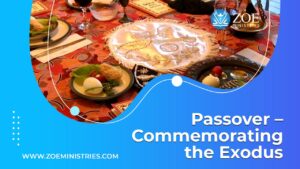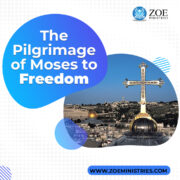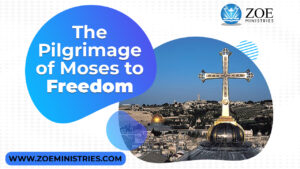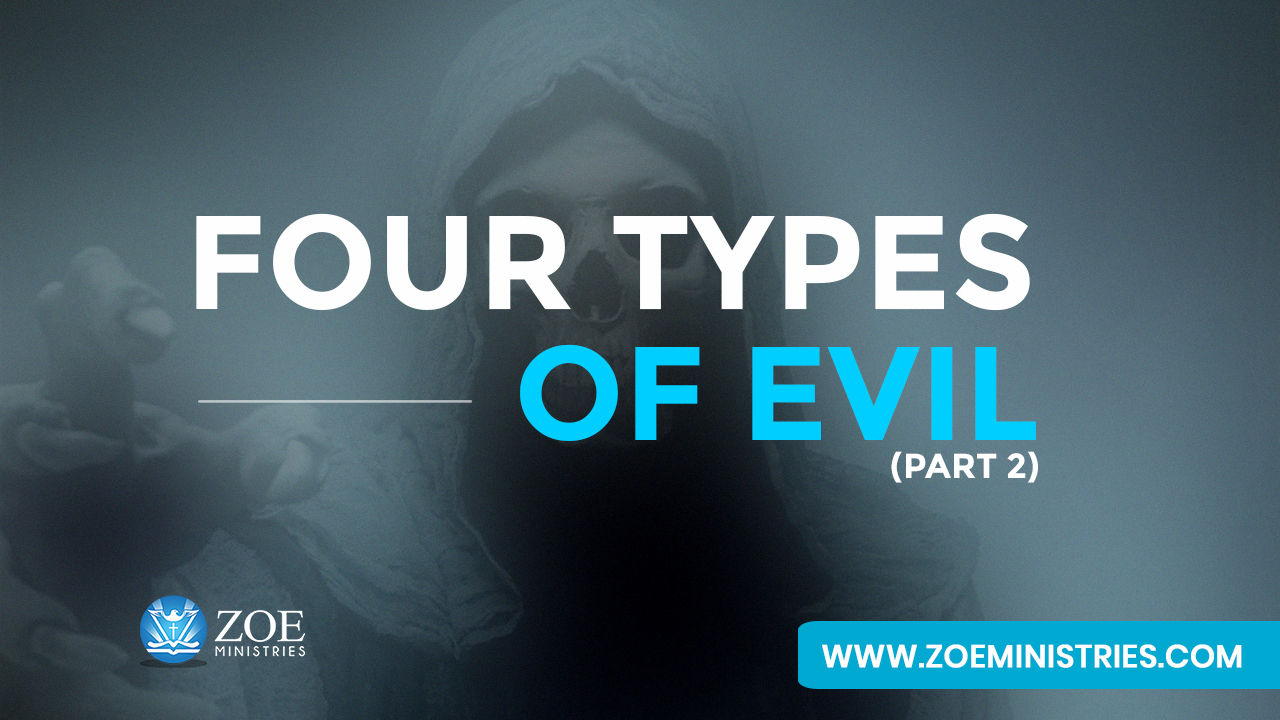The Pilgrimage of the Magi
The Pilgrimage of the Magi :
“Pilgrimage to the place of the wise is to find escape from the flame of separateness.”
Rumi
POWER TRUTH
Truly I tell you, whatever you bind on earth will be bound in heaven, and whatever you loose on earth will be loosed in heaven.
Matthew 18:18 NRSV
Three Kings
The biblical Magi, also known as the Three Wise Men or Three Kings, were famous foreigners who visited Jesus after his birth, bearing gifts of gold, frankincense, and myrrh. These are according to the Gospel of Matthew and Christian tradition. They appear frequently in traditional narratives of Christmas nativity festivities and are vital to Christian tradition. The Magi are only mentioned in Matthew, one of the four canonical gospels. According to Matthew, they came “from the east” to worship the “king of the Jews.” The number of Magi is never mentioned in the gospel, but most western Christian denominations have generally concluded they were three, based on the assertion that they brought three presents. The Magi are frequently twelve in Eastern Christianity, particularly in Syriac churches. Their recognition as kings in later Christian writings is most likely related to Psalm 72:11, “May all kings fall down before him.”
Traditional nativity scenes show three “Wise Men” visiting the infant Jesus in a manger on the night of his birth, accompanied by shepherds and angels. But this should be interpreted as an artistic convention that allows the two separate scenes of the Adoration of the Shepherds on the birth night. And the later Adoration of the Magi to be combined for convenience.
The Three Wise Men
The Magi are popularly referred to as wise men and kings. The word magi is the plural of Latin magus, borrowed from the Greek magos, as used in the original Greek text of the Gospel of Matthew (in the plural: magoi). Greek magos is derived from Old Persian maguŝ from the Avestan magâunô, i.e., the religious caste Zoroaster was born into. The term refers to the Persian priestly caste of Zoroastrianism.
As part of their faith, these priests paid special attention to the stars and established an international reputation for astrology, considered science at the time. Because of their religious activities and use of astrology, derivatives of the term Magi were used for the occult in general, giving rise to the English term magic. Even though Zoroastrianism was firmly opposed to sorcery. Although the Magi are usually referred to as “kings,” there is nothing in Matthew’s story that suggests they were rulers of any kind. Early readers understood Matthew in light of these prophecies, elevating the Magi to the status of kings. By AD 500, all commentators had accepted the widely held belief that the three were monarchs.
Invitation
Prophetic wisdom and anointing await you. Connect for a personal prophecy.
Join our LIVE Conference Call!
1) Call 515-604-9266
2) Go to startmeeting.com, and use the login: BishopJordan

























